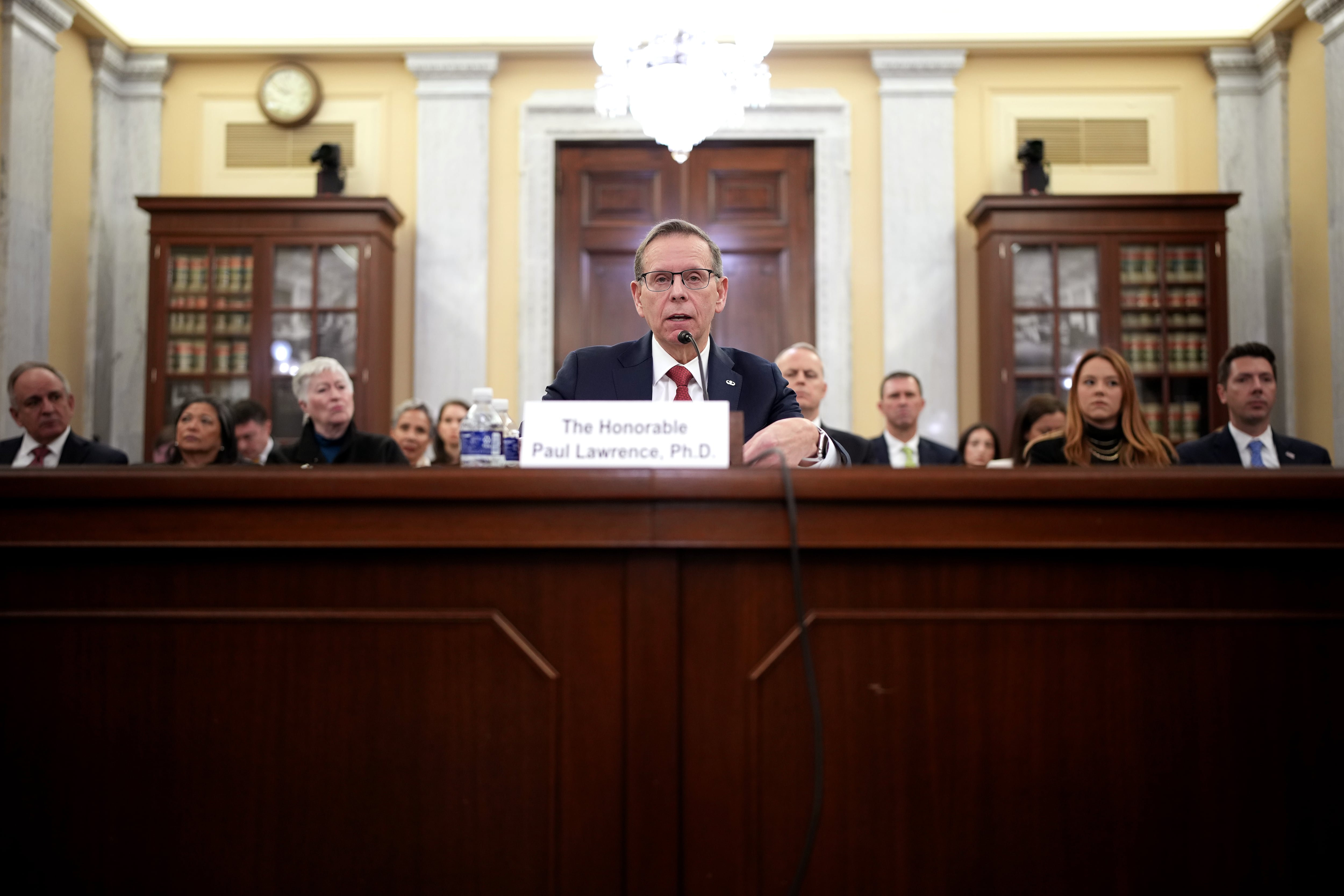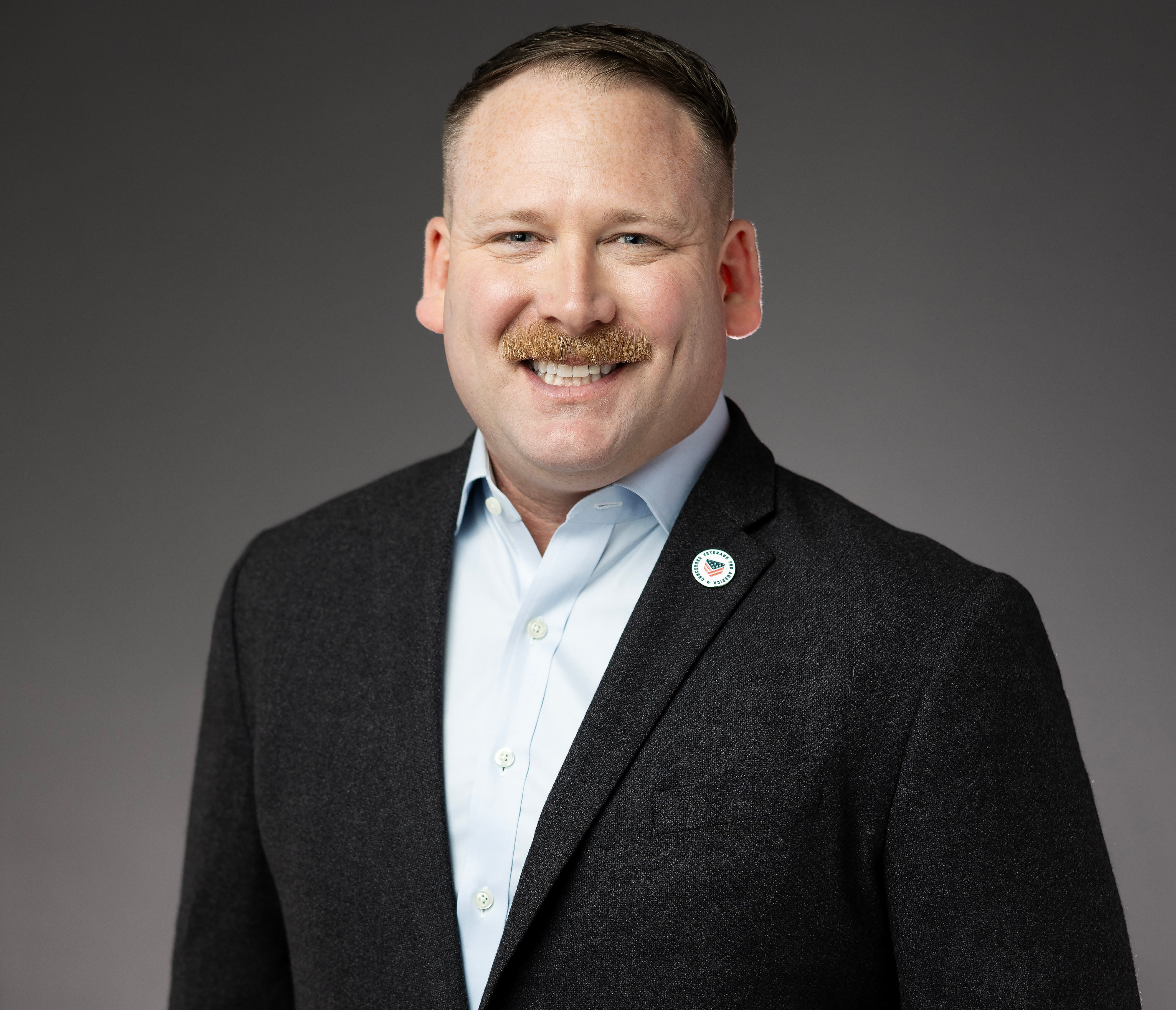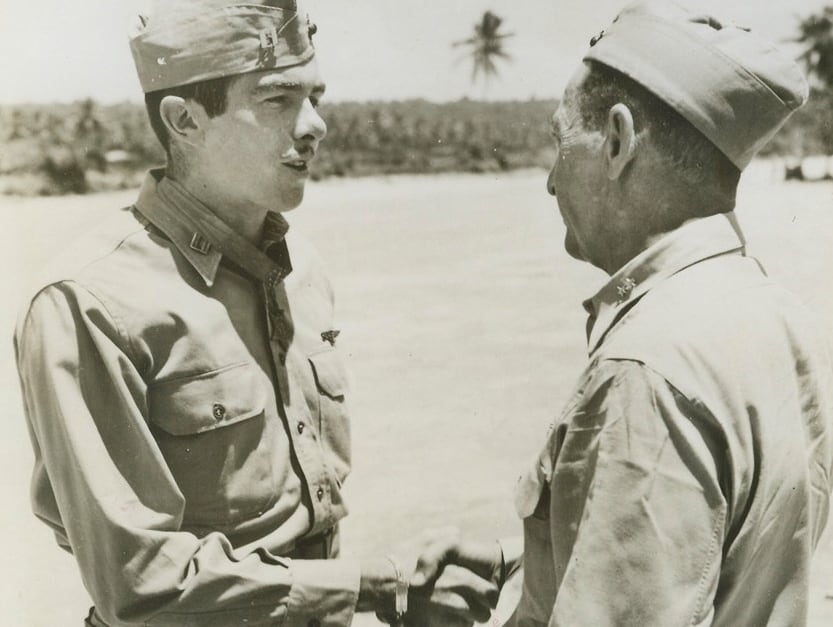At its best, "The X-Files" chronicled the era between the fall of the Berlin Wall to the fall of New York's the Twin Towers, a time when the U.S. seemingly had no enemy and Americans asked whether their own government might be more dangerous than the former Soviet Union.
Now series creator Chris Carter is bringing the "X-Files" back to television for a six-episode finale.
In the original television series and first big-screen film, members of the military often were portrayed as quite willing participants in a government conspiracy to keep evidence about extraterrestrial life under wraps.
While some supporting characters were given military backgrounds, when service members appeared in "X-Files" episodes, they often were part of an army of shadows that stood between the two main characters and the truth. In the show's first season, the "Cigarette Smoking Man" filed away extraterrestrial technology somewhere in the bowels of the Pentagon.
Military Times asked Carter about how "The X-Files" has portrayed service members, and what he thinks the U.S. military's role should be in a democratic society.
Q: Do you think the U.S. military has the ability to keep evidence of extraterrestrial life from the U.S. public?
Yes. Only because I believe there are matters "born classified" and kept secret from even the president.
Q: Is it within the realm of extreme possibility that the U.S. Air Force is experimenting with alien technology — and that fifth-generation fighters such as the F-35 may incorporate alien technology?
I don't know. There is a 1994 quote attributed to Ben Rich, who ran Lockheed's legendary Skunk Works division, who said they were testing craft 50 years beyond comprehension. But sadly, he's dead and can't confirm or deny. But with 4,500 people working at Skunk Works in 1994, it might be hard to keep secret.
Q: In many episodes, the U.S. military comes across as the enemy of democracy. Are you worried that the Defense Department wields too much power in the U.S. government?
That's a misconception. Two recent experiences renewed my faith in our military leaders: My trip to the Pentagon last spring and seeing Robert Gates speak last month. Secrecy is the enemy of democracy, but some secrecy must be maintained for national security. Are there transgressions? I only know what I read.
Q: When the series ran, did you ever ask the Defense Department for expertise on military uniforms, equipment or other aspects of military life?
We were very rigorous in our research in all aspects of the show, including the military and the FBI. Did we makes mistakes? I'm sure we did, but it wasn't out of laziness. We always had limited time and money.
Q: Is anyone in your family a veteran? If so, did his or her military experience shape you at all?
My grandfather served in WWI. My father served in a limited capacity in the Korean War. I registered for the draft in 1974, the year I believe the draft concluded. Like everyone in my city, I was prepared to serve.






